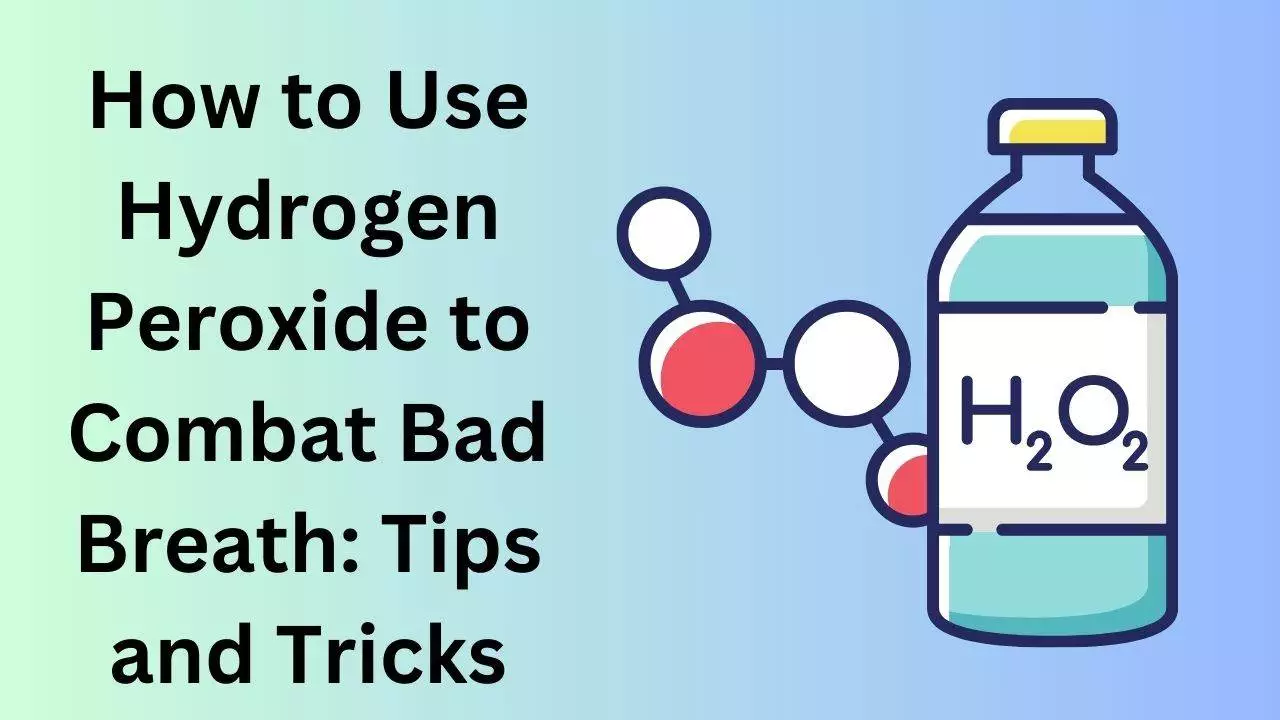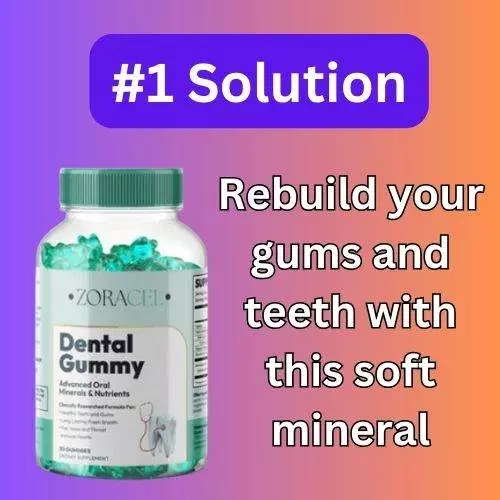
- Understanding the Causes of Bad Breath
- How Hydrogen Peroxide Works to Combat Bad Breath
- Choosing the Right Concentration of Hydrogen Peroxide
- Precautions to Take When Using Hydrogen Peroxide
- Step-by-Step Guide to Using Hydrogen Peroxide for Bad Breath
- Other Ways to Use Hydrogen Peroxide for Oral Health
- Combining Hydrogen Peroxide with Other Natural Remedies for Bad Breath
- How Often Should You Use Hydrogen Peroxide for Bad Breath?
- Tips for Maintaining Fresh Breath Throughout the Day
- Hydrogen Peroxide as an Effective and Affordable Bad Breath Solution
Hydrogen peroxide is a versatile and widely used chemical compound that has many applications in various industries. It is commonly known for its use as a disinfectant and antiseptic, but it also has the potential to combat bad breath. Bad breath, also known as halitosis, can be caused by a variety of factors such as poor oral hygiene, gum disease, dry mouth, and certain medical conditions. Hydrogen peroxide can help address these causes by killing bacteria in the mouth and neutralizing odors.
Understanding the Causes of Bad Breath
Bad breath can be embarrassing and can have a negative impact on one’s self-confidence. It is important to understand the common causes of bad breath in order to effectively combat it. Poor oral hygiene is one of the main culprits of bad breath. When food particles are left in the mouth, bacteria break them down and release foul-smelling gases. Gum disease, which is caused by the buildup of plaque and tartar on the teeth, can also contribute to bad breath. Additionally, dry mouth, which occurs when there is a lack of saliva production, can lead to bad breath as saliva helps to cleanse the mouth and neutralize odors.
How Hydrogen Peroxide Works to Combat Bad Breath
Hydrogen peroxide works to combat bad breath by creating a chemical reaction that kills bacteria in the mouth. When hydrogen peroxide comes into contact with bacteria, it breaks down into water and oxygen. The release of oxygen creates an oxygen-rich environment that is inhospitable for bacteria to thrive. This helps to eliminate the bacteria that cause bad breath and neutralize odors.
Choosing the Right Concentration of Hydrogen Peroxide
Hydrogen peroxide is available in different concentrations, ranging from 3% to 35%. When using hydrogen peroxide for oral health purposes, it is important to choose the right concentration. A 3% concentration is commonly used for oral hygiene purposes as it is safe and effective. Higher concentrations may be too strong and can cause irritation or damage to the mouth and gums. ***It is always best to consult with a dentist or healthcare professional before using hydrogen peroxide for oral health purposes.***
Precautions to Take When Using Hydrogen Peroxide
While hydrogen peroxide can be an effective tool in combating bad breath, it is important to take precautions to minimize any potential risks. Hydrogen peroxide can cause irritation or burning if used incorrectly or in high concentrations. It is important to dilute hydrogen peroxide with water before using it as a mouthwash or gargle. Additionally, it should not be swallowed as it can be harmful if ingested. It is also important to avoid using hydrogen peroxide if you have any open sores or wounds in the mouth, as it can delay the healing process.
Step-by-Step Guide to Using Hydrogen Peroxide for Bad Breath
To use hydrogen peroxide for bad breath, follow these steps:
1. Dilute hydrogen peroxide: Mix equal parts of hydrogen peroxide and water in a cup or container.
2. Rinse: Take a small sip of the diluted hydrogen peroxide mixture and swish it around in your mouth for 30 seconds to 1 minute.
3. Spit: Spit out the mixture into a sink or toilet.
4. Rinse with water: Rinse your mouth with water to remove any remaining hydrogen peroxide.
5. Repeat: Repeat this process once or twice a day, or as recommended by your dentist or healthcare professional.
Other Ways to Use Hydrogen Peroxide for Oral Health
In addition to combating bad breath, hydrogen peroxide has other oral health benefits. It can help whiten teeth by removing stains and discoloration. To use hydrogen peroxide for teeth whitening, mix equal parts of hydrogen peroxide and water, and use it as a mouthwash or gargle. It can also be used as a natural mouthwash to kill bacteria and freshen breath. However, it is important to note that hydrogen peroxide should not be used as a substitute for regular brushing and flossing.
Combining Hydrogen Peroxide with Other Natural Remedies for Bad Breath
Hydrogen peroxide can be used in conjunction with other natural remedies to enhance its effectiveness in combating bad breath. For example, baking soda can be mixed with hydrogen peroxide to create a paste that can be used as a toothpaste. Baking soda helps to neutralize odors and remove stains from the teeth. Additionally, essential oils such as peppermint or tea tree oil can be added to hydrogen peroxide to create a refreshing mouthwash that also has antibacterial properties.
How Often Should You Use Hydrogen Peroxide for Bad Breath?
The frequency of using hydrogen peroxide for bad breath may vary depending on individual needs and preferences. It is generally recommended to use hydrogen peroxide once or twice a day, or as recommended by your dentist or healthcare professional. However, it is important to note that excessive use of hydrogen peroxide can lead to irritation or damage to the mouth and gums. It is best to start with a lower frequency and gradually increase if necessary.
Tips for Maintaining Fresh Breath Throughout the Day
In addition to using hydrogen peroxide, there are other steps that can be taken to maintain fresh breath throughout the day:
1. Brush and floss regularly: Brush your teeth at least twice a day and floss daily to remove food particles and plaque.
2. Use a tongue scraper: Use a tongue scraper to remove bacteria and debris from the surface of the tongue, which can contribute to bad breath.
3. Stay hydrated: Drink plenty of water throughout the day to keep your mouth moist and prevent dry mouth.
4. Avoid foods that cause bad breath: Certain foods such as garlic, onions, and spicy foods can contribute to bad breath. Limit your intake of these foods or brush your teeth afterwards.
5. Chew sugar-free gum or mints: Chewing sugar-free gum or mints can help stimulate saliva production and freshen breath.
Hydrogen Peroxide as an Effective and Affordable Bad Breath Solution
Hydrogen peroxide is a versatile and affordable solution for combating bad breath. Its ability to kill bacteria and neutralize odors makes it an effective tool in maintaining oral hygiene. However, it is important to use hydrogen peroxide with caution and follow the recommended guidelines to minimize any potential risks. In addition to using hydrogen peroxide, it is important to practice good oral hygiene habits and take additional steps to maintain fresh breath throughout the day. By incorporating hydrogen peroxide into a comprehensive oral care routine, you can effectively combat bad breath and enjoy fresh breath and a healthy smile.









